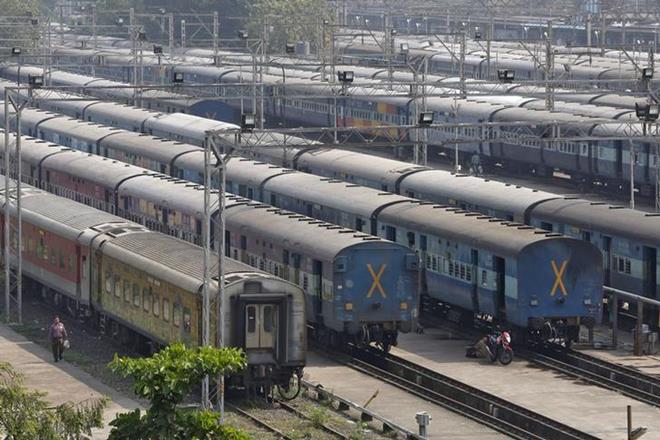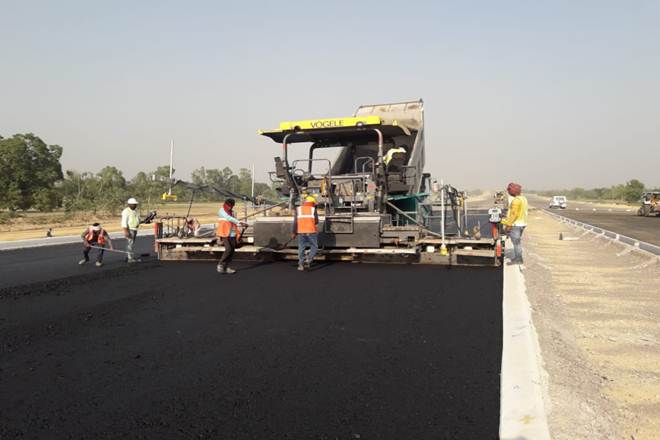The Indian Railways recorded its best-ever safety performance during the past year with zero passenger deaths due to rail accidents.
While the Railways registered the best ever safety record between April 2019 and March 2020, there has been no death of rail passengers in any train accident in the subsequent period also between April 1 and June 8 this year.
An official release said that the remarkable feat has been achieved for the first time in 2019-2020 since the introduction of Railway System in India 166 years ago in 1853.
It said the zero passenger fatalities in the last 15 months is a result of continuous efforts by the railways to improve safety performance in all respects.
The release said that safety being the topmost priority, the measures undertaken for safety improvement include elimination of manned level crossings, construction of Road over Bridges (ROBs) and Road under Bridges (RUBs), rehabilitation of bridges, highest ever renewal of rail tracks and highest ever supply of rails during the year from SAIL.
Other measures taken include effective track maintenance, stringent monitoring of safety aspects, improved training of railway staff, improvements in signalling system, use of modern technology for safety works and switching over to modern and safer LHB coaches in phases from the conventional ICF coaches.
The Railways removed a record number of manned level crossings to enhance safety.
“Record number of 1274 Manned Level Crossings have been eliminated in 2019-20 compared to 631 in 2018-19 (double of that done in last year). This is highest ever elimination of level crossings,” the release said.
It said a 1309 ROBs/RUBs were constructed in 2019-20 to enhance safety on the railway network and 1367 bridges were “rehabilitated during 2019-20 compared to 1013 (+37 per cent of last year)”.
The Railways saw the highest ever renewal of rails for 5,181 track km (TKM) in 2019-20 against 4,265 TKM in 2018-19, which comes to 20 per cent of last year.
There was highest ever supply of rails (13.8 lakh ton) during the year from SAIL. “With supply of 6.4 Lakh ton long rails, the scope of field welding decreased drastically leading to better reliability of asset,” the release said.
It said 285 level crossings (LC) have been interlocked by signals in 2019-20 and the cumulative interlocked LC numbers are 11,639.
To improve safety, mechanical signalling at 84 stations was replaced with electrical/electronic signalling during 2019-20.


